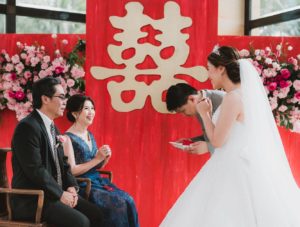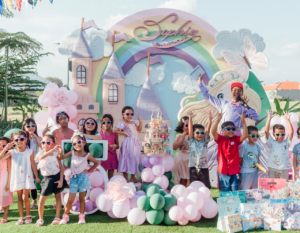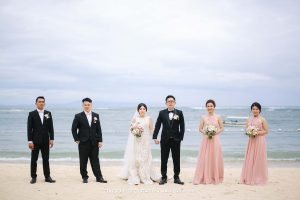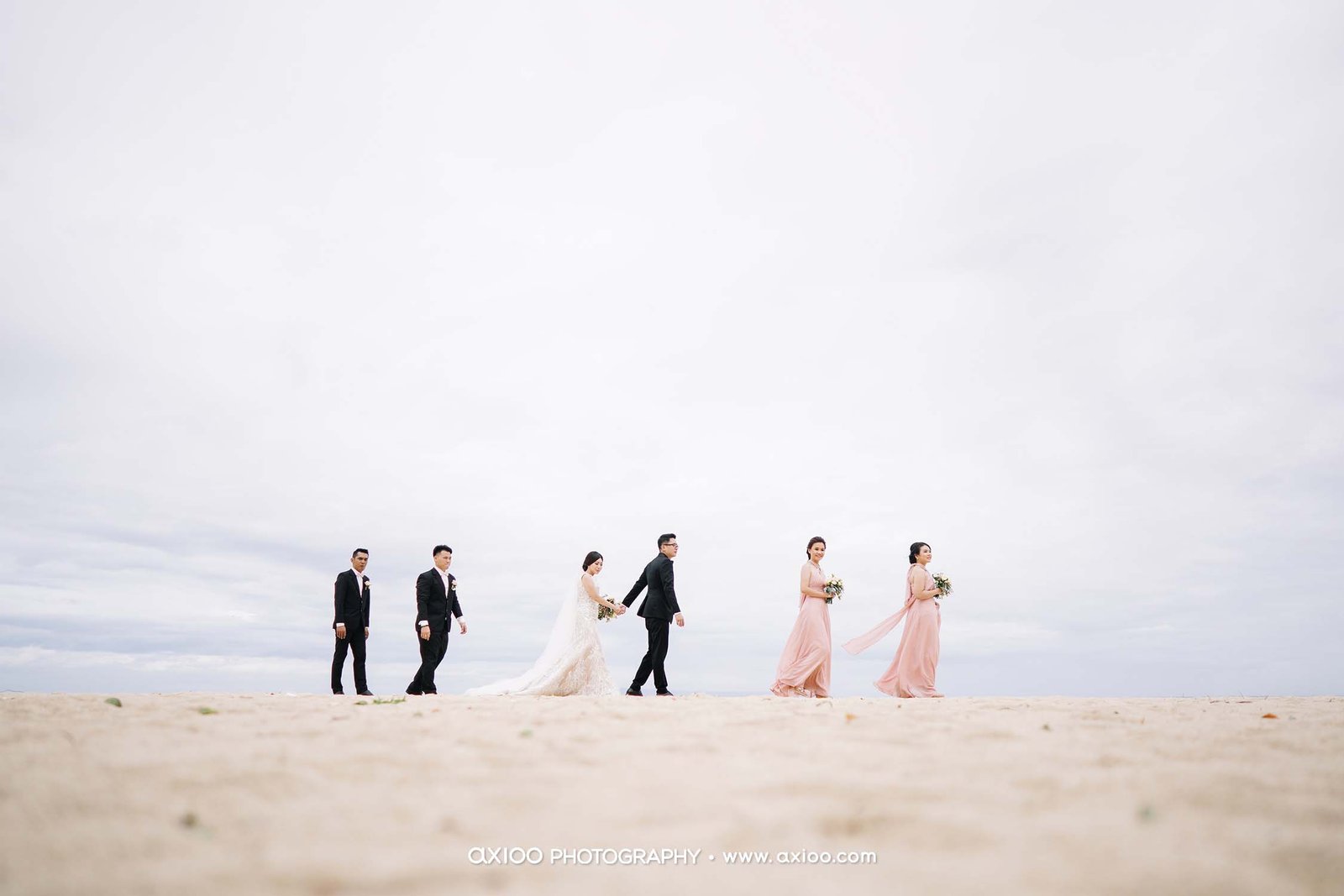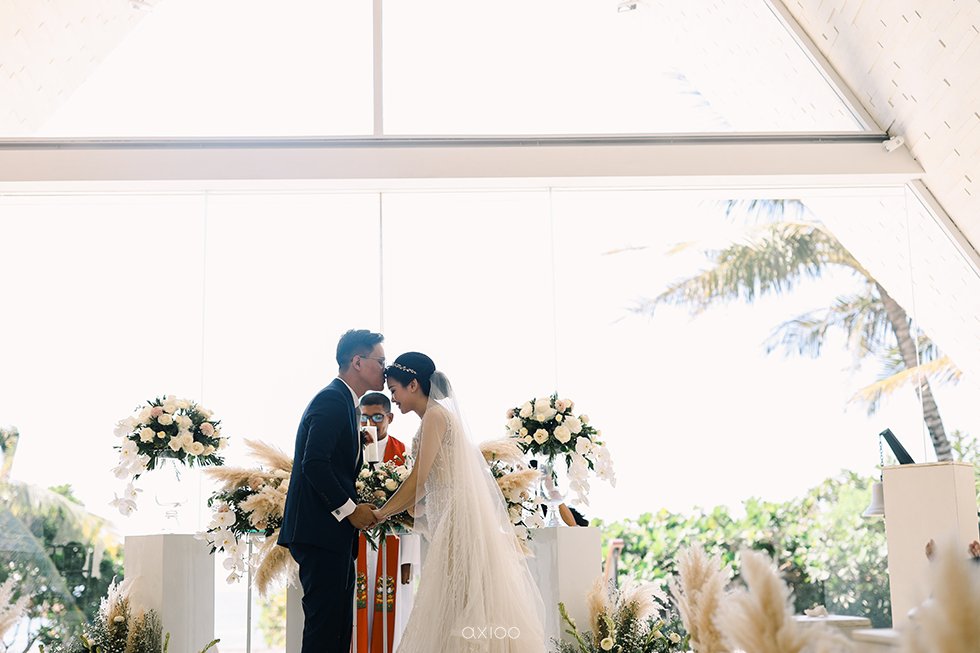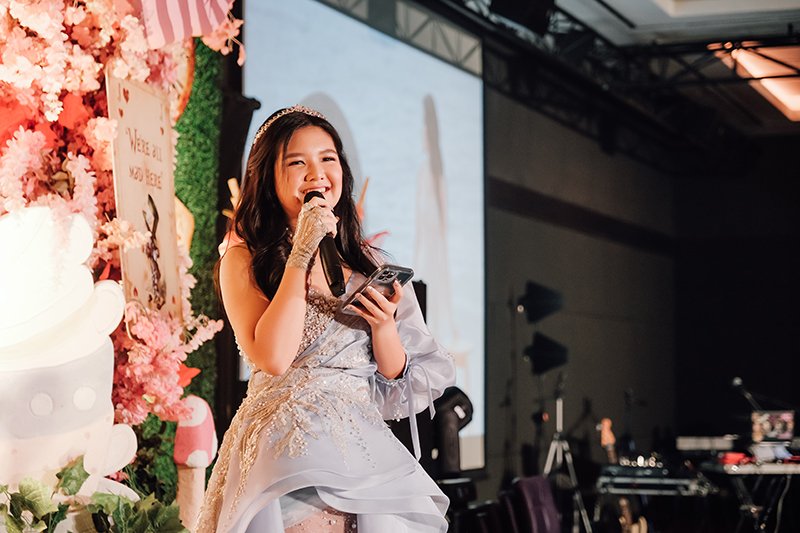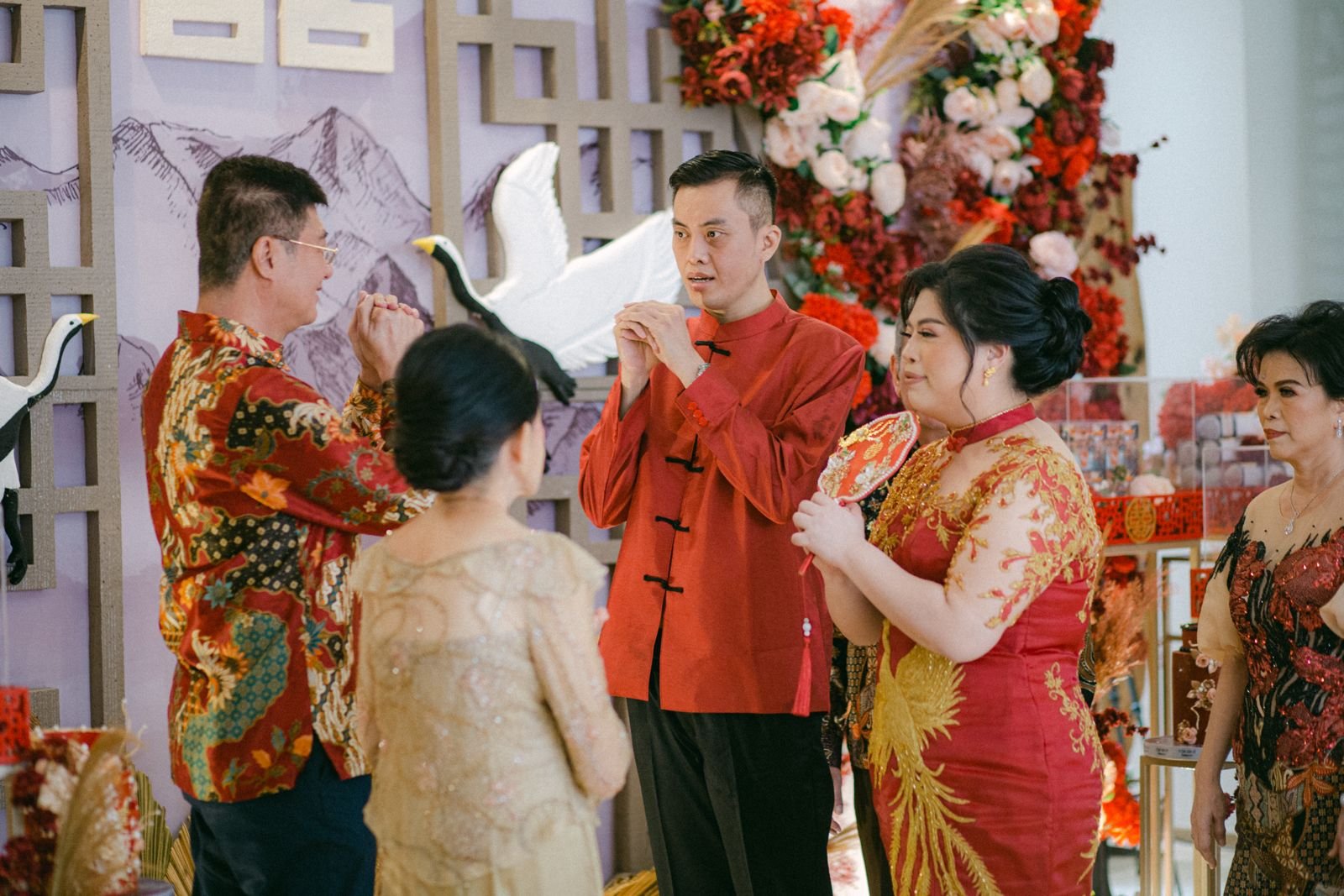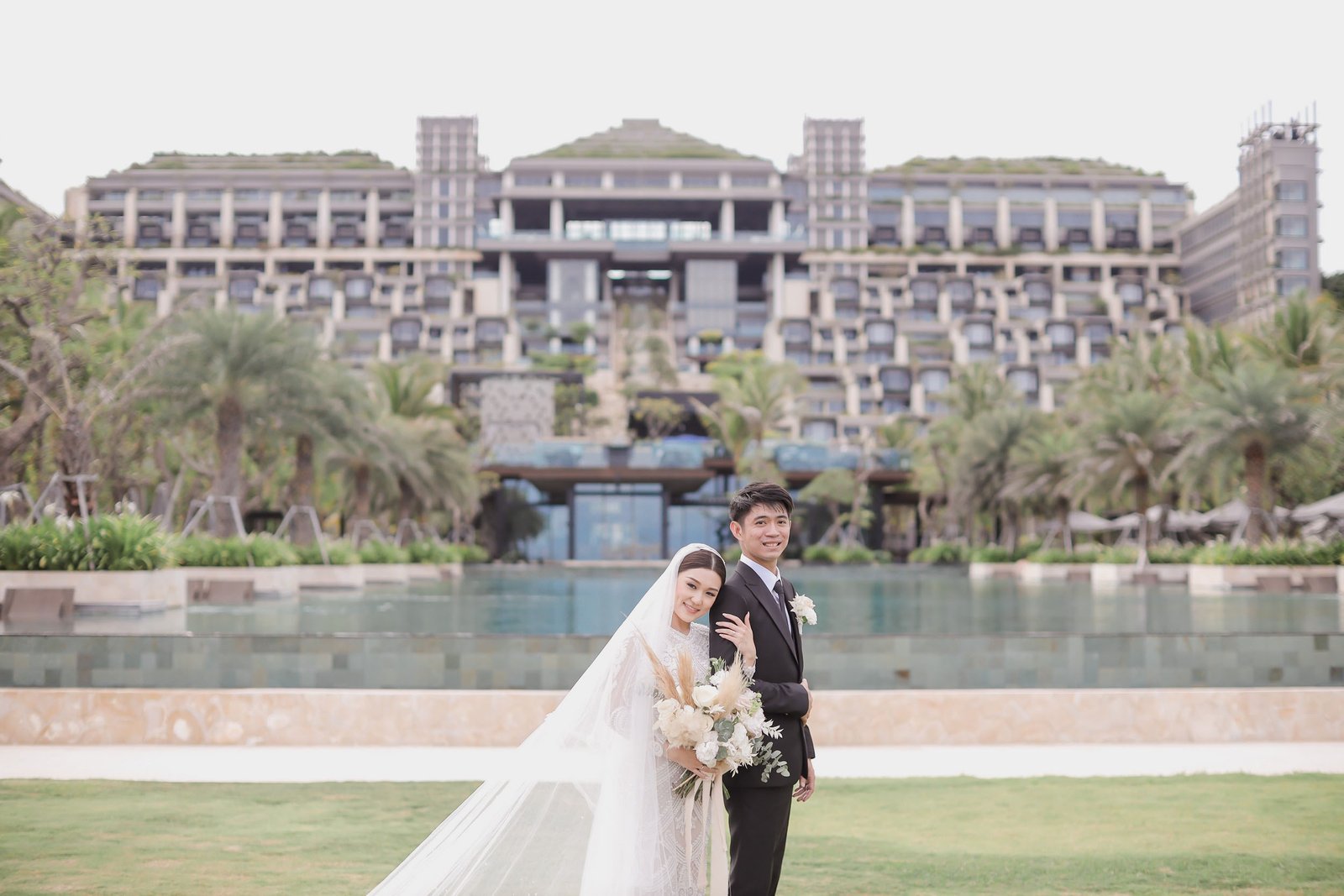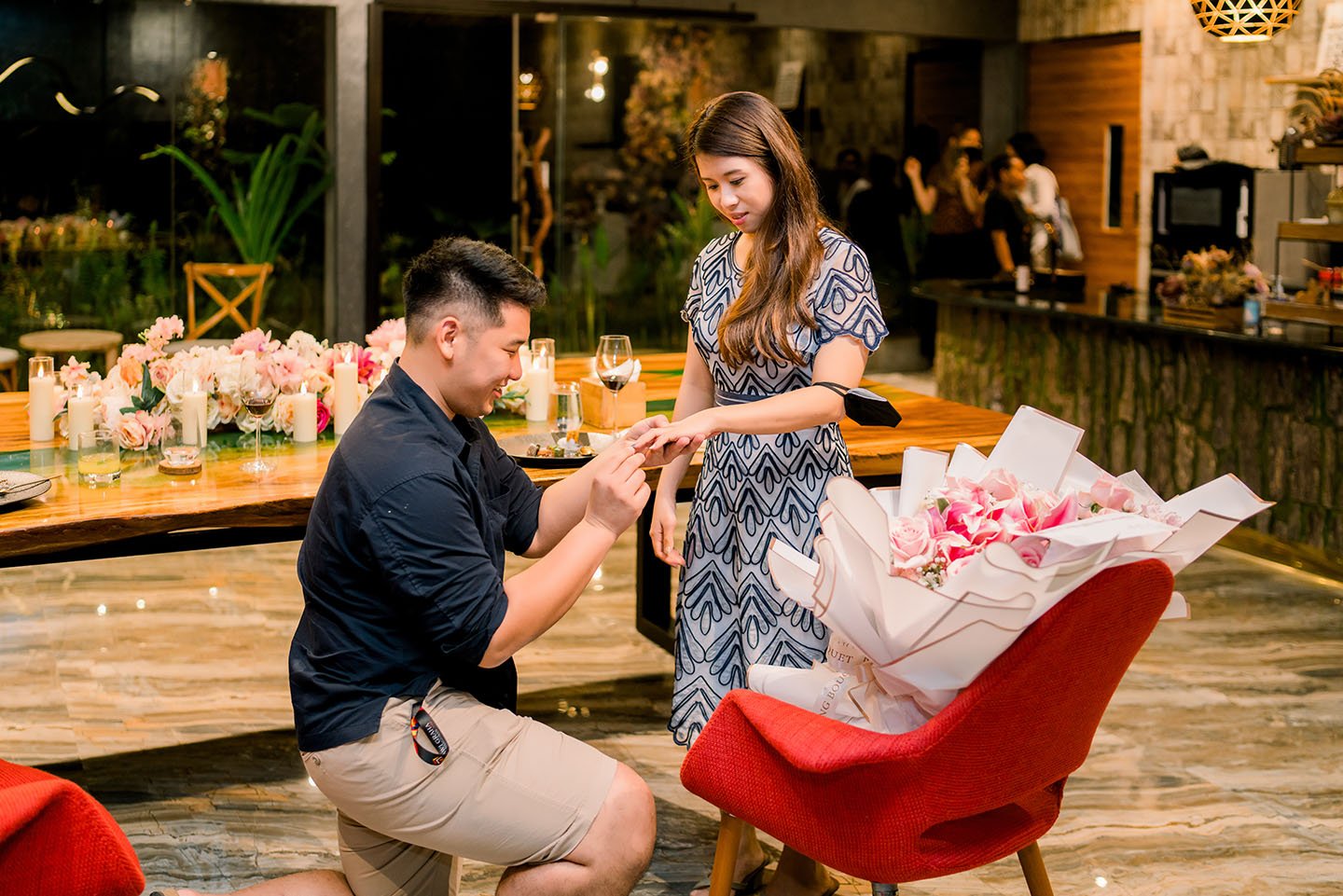Traditional Chinese weddings in Indonesia are rich with traditions and symbolism that reflect cultural values and beliefs passed down through generations. Two important rituals in this wedding process are Tingjing and Sangjit. Although both are part of the wedding process, each has different meanings and purposes and here are 3 reasons hiring the right EO
Tingjing: Seeking Parental Blessing
What is Tingjing?
Tingjing is a tradition in Chinese weddings performed as an initial step before the wedding takes place. Literally, “tingjing” means “listening respectfully” and refers to the formal visit of the groom’s family to the bride’s family to seek their blessing for the marriage. This is an important moment where both families get to know each other better and give their approval of the couple’s relationship.
Purpose and Meaning
Tingjing is not just a formality but also an expression of respect and goodwill from the groom’s family toward the bride’s family. During this event, the groom’s family typically brings symbolic gifts such as tea, food, and fruits as a sign of respect. This process demonstrates the readiness of both parties to move forward with the marriage.
Rituals in Tingjing
During the Tingjing ceremony, the bride’s family will serve tea to the guests as a gesture of acceptance. The families will then discuss wedding plans, the chosen date, and other preparations. The event concludes with an exchange of gifts as a sign of the strengthening relationship.
Sangjit: The Betrothal Ceremony
What is Sangjit?
Sangjit is the betrothal ceremony conducted before the wedding, where the groom’s family presents various gifts to the bride’s family. This ceremony is one of the most important traditions in a Chinese wedding, symbolizing prosperity and the groom’s commitment to the bride.
Contents and Meaning of Sangjit
The gifts presented during Sangjit usually include items with symbolic meanings, such as gold, jewelry, clothing, food, and angpao (envelopes containing money). Each item has specific significance, symbolizing prosperity, fertility, and happiness. The number of gifts is typically chosen based on numbers considered to bring good luck.
Process of Sangjit
The Sangjit ceremony usually begins with the groom’s family arriving at the bride’s home with the gifts. The bride’s family then receives and inspects these items. As a reciprocal gesture, the bride’s family also gives symbolic gifts to the groom’s family. This ceremony signifies the agreement between both parties to proceed to the marriage stage.
Choosing the Right Event Organizer
Organizing Tingjing and Sangjit can be challenging, especially for families who want to ensure every detail is perfect. Choosing an experienced event organizer (EO) who understands Chinese traditions can be the best solution to these challenges. A professional EO can help plan and execute each event smoothly, from decorating and choosing gifts to coordinating between families.
Why Choose an EO for a Chinese Wedding?
- Experience and Expertise: An experienced EO has in-depth knowledge of Chinese traditions and culture and can provide creative advice and solutions for every event need.
- Time and Stress Savings: With the help of an EO, you can reduce the workload and stress associated with event preparations, allowing you to focus on enjoying precious moments with your family.
- Personalization and Detail: An EO can help create an event that aligns with your family’s wishes and values, ensuring every detail is carefully considered.
In traditional Chinese weddings, Tingjing and Sangjit are important moments that mark commitment and respect between two families. With the assistance of an experienced event organizer, you can ensure that both events run smoothly and meaningfully, creating beautiful memories that will be cherished forever.
Let’s Magnify your event with Magnifica Organizer. Drop us a message!




